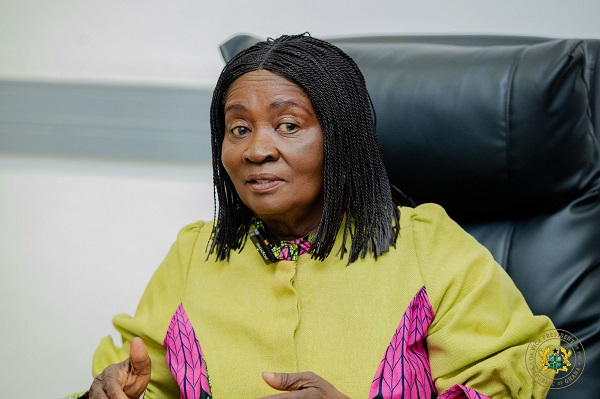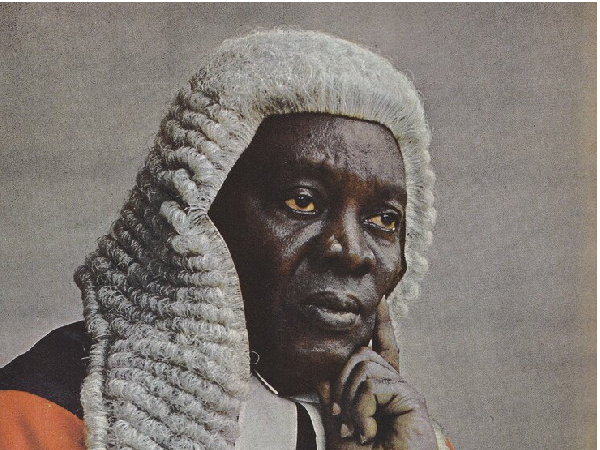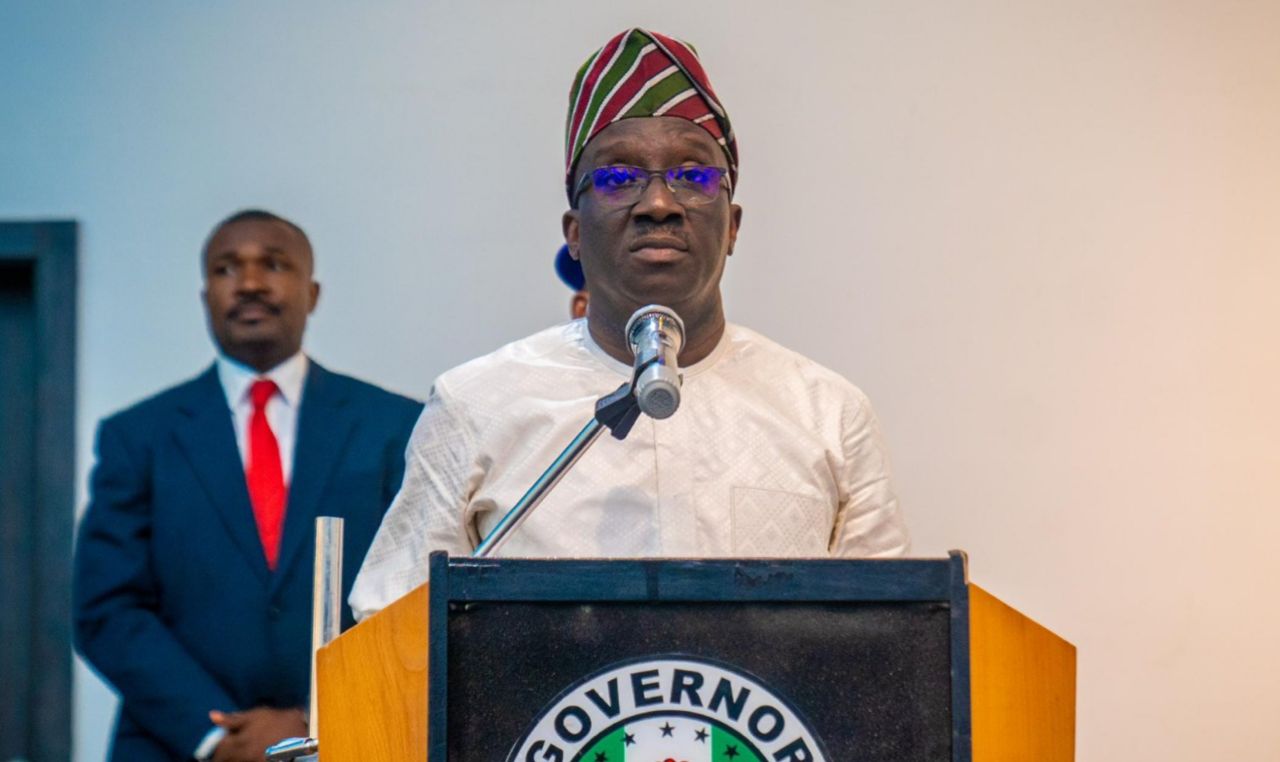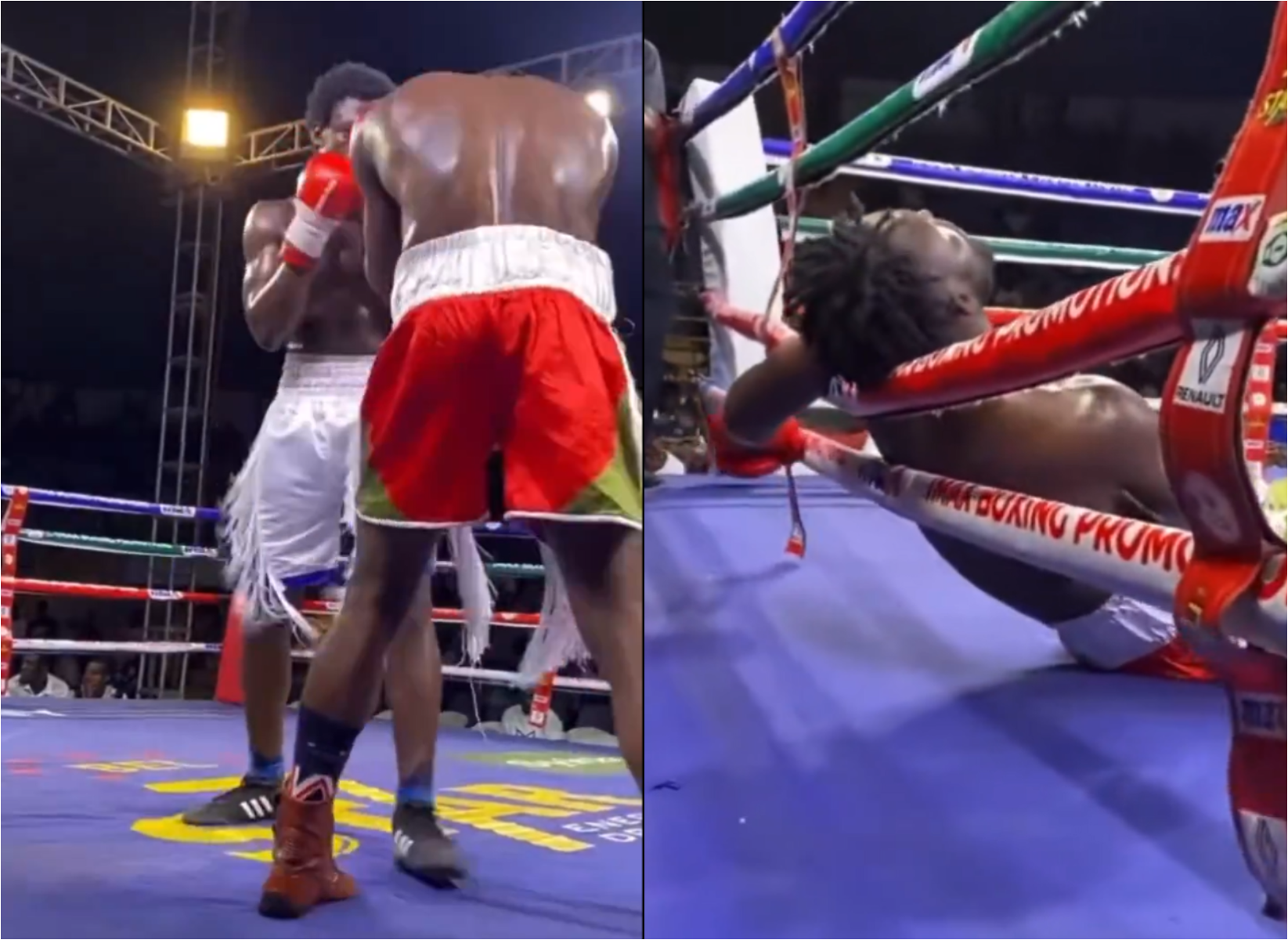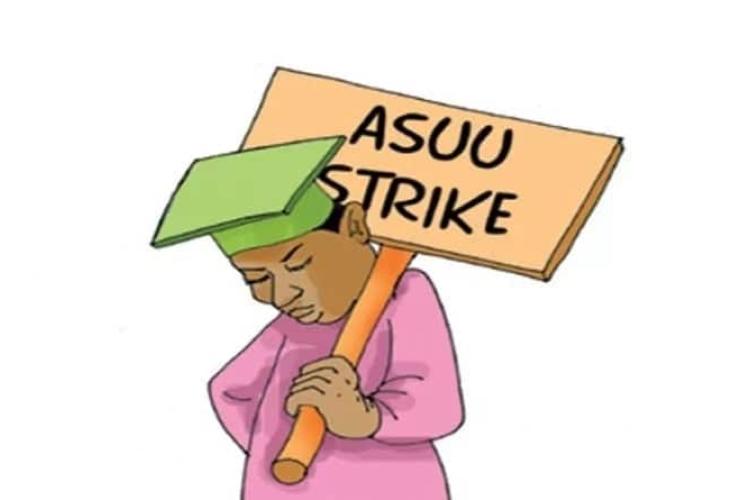SANI'S OLIVE BRANCH TO ASUU - THISDAYLIVE
Uba Sani is committed to the welfare of KASU staff and other tertiary institutions in the state, argues AHMED TIJANI YESUF
On Tuesday last week, the academic landscape of Kaduna State University (KASU) was disrupted by a strike initiated by the local branch of the Academic Staff Union of Universities (ASUU). This strike has drawn significant attention because it is seen by observers of the activities of the Governor Uba Sani administration as not merely a labor dispute, but a political tool by those uncomfortable with his growing popularity. It was an attempt to sabotage efforts being made by the administration to positively reposition the education sector.
Governor Uba Sani, upon assuming office, made it clear that his administration was committed to revitalizing the education sector. His approach has been characterized by a willingness to engage with stakeholders, including ASUU, to address long-standing issues and grievances. The governor’s olive branch was not just a gesture; it was a call for collaboration and dialogue aimed at fostering a conducive environment for academic excellence. He recognized the critical roles that universities play in societal development and the need for a harmonious relationship between the government and academic staff.
However, the response from ASUU has been less than encouraging. The union’s decision to embark on a strike raises questions about its motives and the sincerity of its leadership. For over 15 years, ASUU’s voice had been muted by internal divisions and a lack of coherent strategy. The sudden resurgence of an industrial action, particularly at a time government has listened and moving to meet their demands, appears to be a case of sabotage.
The strike has been framed as a response to various grievances, including issues related to salaries, working conditions, and the overall state of the university. While these concerns are valid and warrant attention, the timing and manner of the strike suggest a deeper issue at play. It must be noted that the issues at stake are all inherited. It is as if ASUU is leveraging the current political climate not to negotiate in good faith but to assert its relevance after years of dormancy. This raises the question: is ASUU genuinely interested in the welfare of its members and the advancement of education in Kaduna State, or is it merely seeking to reclaim its lost voice through disruptive means?
The lack of reciprocity from ASUU is particularly disheartening given the context of Uba Sani’s administration. The governor’s willingness to engage in dialogue and his commitment to addressing the concerns of academic staff should have been met with a similar spirit of cooperation from ASUU. Instead, the union’s decision to strike has created an atmosphere of mistrust and animosity, undermining the very objectives that both parties ostensibly share: the improvement of educational standards and the welfare of academic staff.
Moreover, the strike has broader implications for the students of KASU and the educational system in Kaduna State. Students, who are the primary stakeholders in this equation, find themselves caught in the crossfire of a dispute that seems to lack a clear rationale. The disruption of academic activities not only affects their education but also their future prospects. The irony is palpable: while ASUU claims to be fighting for the rights of academic staff, it is the students who bear the brunt of the consequences. This disconnect between the union’s actions and the interests of the students further complicates the narrative surrounding the strike.
The situation at KASU is a microcosm of the challenges facing higher education in Nigeria. The relationship between the government and academic staff unions has often been fraught with tension, characterized by strikes, protests, and a lack of meaningful dialogue. However, Uba Sani’s approach represents a potential turning point. His olive branch signifies a willingness to break the cycle of confrontation and work towards a more collaborative model of governance in the educational sector.
For ASUU to respond positively to this olive branch, it must recognize the importance of dialogue and negotiation. The union’s leadership should prioritize the interests of its members and the students over the desire to assert its relevance through disruptive actions. A collaborative approach, grounded in mutual respect and understanding, is essential for addressing the grievances of academic staff while ensuring that the educational needs of students are met.
Unable to stomach this patently disruptive decision by KASU-ASUU, the Kaduna State Government has justifiably declared “a no work, no pay policy” as it viewed the strike action as “an act of sabotage.”
In a statement signed by the Commissioner of Education, Professor Muhammad Sani Bello, the government said that the bone of contention between ASUU and the government predated the Uba Sani administration. But the governor in his usual empathy, has taken steps to address them and other lingering demands concerning Kaduna State-owned tertiary institutions. “However, instead of allowing the process to run its full circle, ASUU has started flexing its muscles in a show of strength that will not only disrupt KASU’s academic calendar, but will reverse the gains that have been achieved so far,’’ Bello said.
Muhammad Bello noted that, ‘’Specifically, the Association’s disagreement with Kaduna State Government is over non-payment of five months salaries from May to September 2022 and Earned Academic Allowances from 2015 to 2020, among other claims. These claims pre-date the present administration but Governor Uba Sani, in his usual empathy, has taken steps to address them and other lingering demands concerning Kaduna State-owned tertiary institutions in general.
‘’However, instead of allowing the process to run its full circle, ASUU started flexing its muscles in a show of strength that will not only disrupt KASU’s academic calendar, but will reverse the gains that have been achieved so far,’’ he noted.
Curiously, Governor Uba Sani has acceded to some of their demands and he promised to meet with ASUU members when he returns from his trip. But because the unionists were playing a disruptive script, they stuck to their guns.
Prof Bello declared that ‘’Clearly, there is a hidden agenda of rolling back the progress that the Sani administration has made in the education sector in the last 20 months. Indeed, some fifth columnists, hiding under the banner of unionism, are endangering the future of our children.
For several years, ASUU had sought a roundtable with the previous administration but its efforts were unsuccessful. However, on December 18, 2024, Governor Uba Sani had met with the Management as well as leadership of Academic Unions of all State-owned Tertiary institutions for over three hours.
‘’Indeed, issues were raised and consensus were arrived at but ASUU is now trying to throw a spanner in the works of the agreements. Broadly speaking, the meeting dwelt on three main issues and top on the list was outstanding salaries and staff welfare benefits,’’ he recalled.
Prof Bello added that Governor Uba Sani had graciously agreed to consider them, but with a caveat, which is that the debt will be paid on instalment basis, until the outstanding liability is redeemed, given the state’s financial constraints’’.
Given the scenario on ground, it is clear that Governor Uba Sani is committed to industrial harmony and moving tertiary education to a higher level in the state. But the KASU branch of ASUU is bent on causing confusion, disrupting the university’s academic calendar in a bid to possibly shutdown the university.
But Uba Sani is not only committed to the welfare of all staff of KASU and other tertiary institutions in Kaduna State, but is poised to making them centres of excellence.
The strike action by ASUU at KASU is condemnable. Governor Sani’s olive branch offers a pathway towards resolution, but the lack of reciprocity from ASUU threatens to derail it. ASUU must recognize the importance of collaboration and dialogue in addressing the concerns of academic staff and ensuring the future of education in Kaduna State.
Yesuf, an Agronomist, writes from Kaduna, Kaduna State

